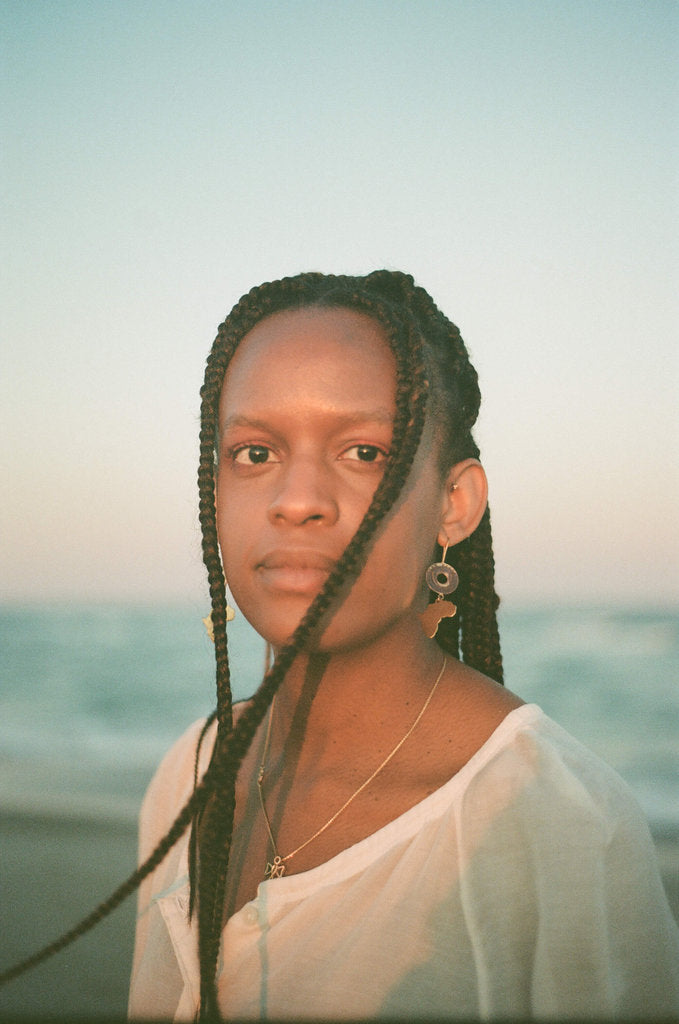Nyokabi Kariũki - peace places: kenyan memories
Nyokabi Kariũki - peace places: kenyan memories
Couldn't load pickup availability
Nyokabi Kariũki - peace places: kenyan memories (Track Sample)
What?
Field recordings, keyboards, kalimbas, experimental electronics, and languages including English, Kiswahili, Kikuyu, and Maa.
Product
Digital Music Download
Cat #
SA053
Nyokabi Kariũki is a Kenyan composer and performer based between Maryland, New York, and Nairobi. Her sonic imagination is ever-evolving, with compositions ranging from classical contemporary & experimental music, to film, choral, pop, and explorations into sound art, electronics, and East African musical traditions. Her debut EP peace places: kenyan memories, takes you on a journey through memories formed throughout her upbringing in Kenya, transporting us to places around the country using field recordings, keyboards, kalimbas, experimental electronics, and languages including English, Kiswahili, Kikuyu, and Maa.
Each track on the EP is based on a specific place in Kenya that had emotional significance in her growing up, with the musical creations stemming from visual cues of the places she reminisced on: “When I see a colour, I hear a certain sound”. This is why art plays such a pivotal part in the creation of this project.
Written during the pandemic, whilst in the United States, unable to visit her home of 18 years, Nyokabi took solace in imaging Kenya in the early stages of the EP, when she couldn’t have been further away. She was finally able to return in the December of 2020, realising the pandemic had shone a new light on the home that she had known for so long: “It felt very symbolic being there that December. I felt like I was watching everything through this lens, looking in from the outside, everything felt so precious in a way it had never felt before. It felt like I was walking through a metaphor”.
Nyokabi’s connection to Kenya and her cultural heritage is an important aspect to her work including exploring the disconnect caused by colonialism and its aftereffects. This is why language plays such an important part in peace places: “I think a lot about colonisation, living in post colonial Kenya and how it has impacted my connection to my culture. One of the most visible ways it impacted me was through the loss of my languages.” The EP features up to four languages, including Kiswahili, the national language of Kenya; Kikuyu, her ethnic group’s language, as well as Maa, as an ode to her Maasai lineage. Talking about her use of Kiswahili on the EP: “I am not fluent in this language and there’s a discomfort I am having to deal with, in choosing to express in it as heavily as I do in this music — but that is a part of it. It’s ‘peace places’, but there’s still always going to be some disharmony within peace”.
Questions?
Nyokabi Kariũki - peace places: kenyan memories FAQ



